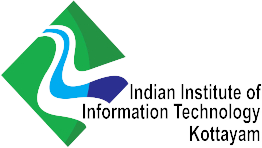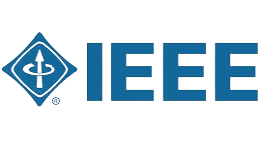Novel Integrated Computing Architectures as Alternatives to the Von Neumann Paradigm
Abstract: The traditional Von Neumann architecture, while foundational to modern computing, faces significant limitations in addressing the demands of contemporary computational tasks, particularly in areas requiring high efficiency and low power consumption. Neuromorphic computing aims to replicate the neural structures and functioning of the human brain, offering significant advantages in parallel processing, learning capabilities, and energy efficiency. This requires the development of specialized hardware, such as analog circuits and neuromorphic chips, which can perform complex computations with minimal power consumption. Innovations in hardware design are crucial for creating systems that can support real-time adaptive processing, which is vital for applications in artificial intelligence, robotics, and sensory data processing. Quantum computing leverages the principles of quantum mechanics to perform computations beyond the reach of classical computers. This necessitates the creation of sophisticated quantum hardware, including qubits, quantum gates, and error-correction systems, to harness phenomena like superposition and entanglement. Developing robust and scalable quantum hardware is essential for solving complex problems in fields like large-scale simulations, cryptography, optimization, and drug discovery. The integration of quantum hardware into existing technological frameworks promises to unlock unprecedented levels of computational power and efficiency. The convergence of neuromorphic and quantum computing architectures represents a transformative approach to overcoming the limitations of the Von Neumann paradigm. Developing hybrid systems that integrate neuromorphic and quantum hardware will combine the adaptive, low-power benefits of neuromorphic computing with the unparalleled processing capabilities of quantum computing. This requires significant advancements in hardware design and manufacturing, including the creation of new materials, fabrication techniques, and system integration methods.







